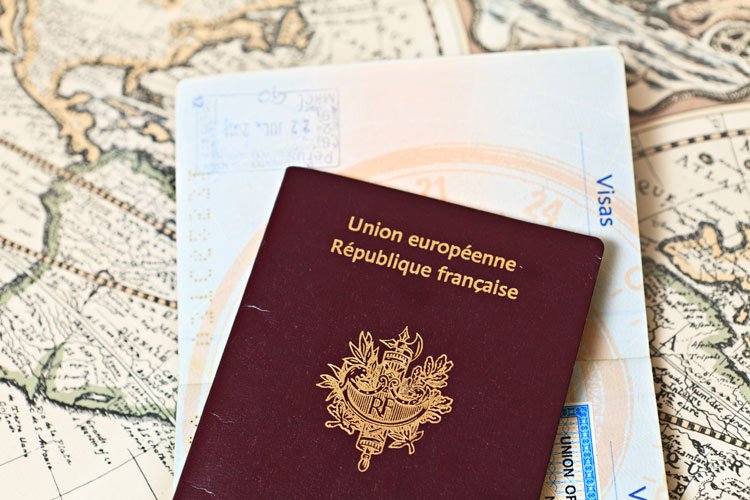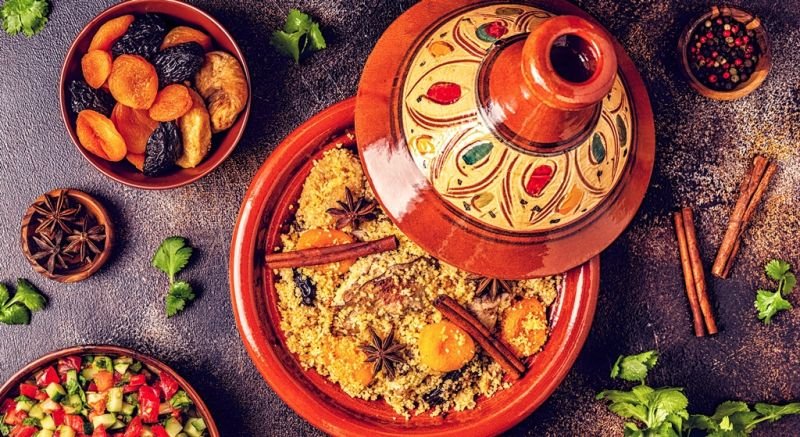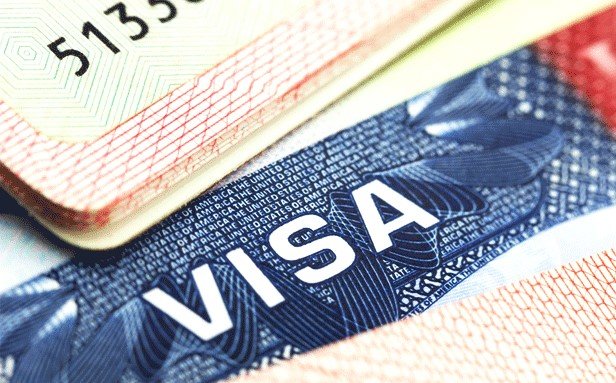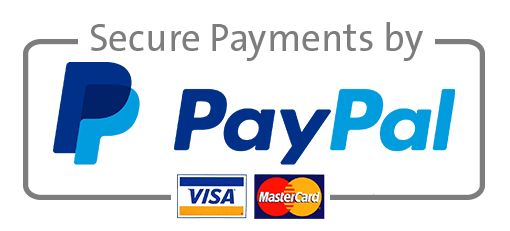Morocco Exclusive Tours- Travel Information:
In general, Morocco is a safe country to explore. Moroccans are well known for being a hospitable and tolerant people which makes traveling through the country a much more enjoyable experience. That said, the conservative nature of the local culture does mean that traditional customs should be respected in public in order to avoid less desirable situations. As with many other countries, tourists are a special target of pick-pockets and faux guides so being aware of your surroundings and belongings is general common sense.
There is no need to be afraid of traveling to Morocco. Staying calm, looking confident and brushing off the occasional cat-call are all much more positive attitudes which, in the end, will help make your stay in Morocco one you will remember for all the right reasons.
Visa
Passaport
Visa
To enter Morocco, a passport valid for the duration of stay is required by all nationals referred to in the chart above.
You should ensure that your passport is stamped when you enter the country.
Passaport
Visas are not required by all nationals referred to in the chart above for stays in Morocco of up to 90 days.
If your stay is longer than 90 days, a resident permit is required and can be issued by the police department of your place of residence in Morocco.
Nationals not referred to in the chart are advised to contact the embassy to check visa requirements.


Health
There are decent medical facilities in all main cities, including emergency pharmacies (see postings in pharmacy windows listing the nearest pharmacie du garde, or after-hours pharmacy) and clinics in major hotels outside normal opening hours. Government hospitals provide free or minimal charge emergency treatment. However, do not expect Western standards of treatment – with a healthcare system that’s vastly underfunded, public hospitals tend to be run down, lacking in facilities and may not be able to provide a comprehensive range treatments. It is recommended that visitors take out travel insurance that will cover medical treatment.
Food and Drink
Others Risks
Food and Drink
Water sources outside main cities and towns may be contaminated and sterilization is advisable. Bottled water is the best bet and is available everywhere. Milk is unpasteurized, so boil before drinking. Meat and fish should be freshly cooked and served hot. Vegetables are typically served cooked. If eating fruit, try to stick to fruit that can be peeled before eating. Most produce is grown organically, without chemical pesticides or fertilizers but it’s highly likely to have been washed in sterilized water, so it’s important to.
Others Risks
Visas are not required by all nationals referred to in the chart above for stays in Morocco of up to 90 days.
If your stay is longer than 90 days, a resident permit is required and can be issued by the police department of your place of residence in Morocco.
Nationals not referred to in the chart are advised to contact the embassy to check visa requirements.


Currency & Money
Currency information
Credit cards
ATM
Travellers cheques
Banking hours
Currency information
Moroccan Durham (MAD; symbol DH) = 100 centimes. Notes are in denominations of Dh200, 100, 50, 20 and 10. Coins are in denominations of Dh10, 5 and 1, and 50, 20, 10 and 5 centimes.
Credit cards
Most major credit cards are accepted in larger restaurants, hotels, guest houses and the occasional shop in the souks, with Visa and MasterCard being accepted most widely.
ATM
Cash can be withdrawn from ATMs in larger towns, although service in smaller towns can be erratic. Most major hotels now have more reliable ATMs.
Travellers cheques
Traveler’s Cheque are accepted in some areas but are not advised, as the exchange can be problematic and it can be difficult to find a bank able to cash them, although some main tourist hotels offer this facility.
Banking hours
Mon-Thurs 08:30-16:30, Fri 08:30-12:00 and 13:00-16:30.





